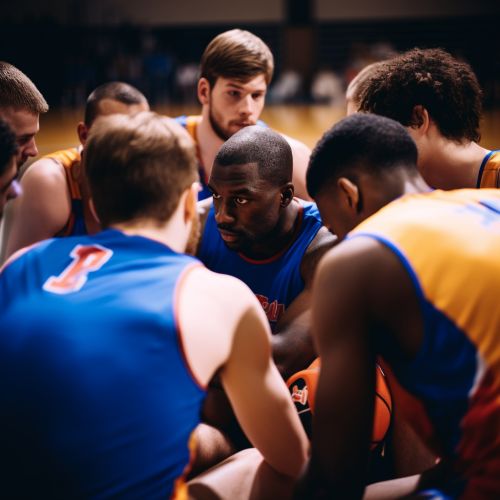Sports Psychology
Introduction
Sports psychology is a subfield of psychology that focuses on the mental aspects of sports performance. It involves the study of how psychological factors affect performance and how participation in sport and exercise affect psychological and physical factors. In addition to instruction and training of psychological skills for performance improvement, sports psychologists often work with athletes to improve their mental well-being and personal development.
History
The field of sports psychology has roots in both psychology and sports sciences. It began with the use of experimental methods to investigate the effects of mental factors on athletic performance, and the use of mental conditioning and other psychological techniques to enhance athletes' performances. The first sports psychology laboratory was founded by Carl Diem in Berlin, in the early 1920s. The lab measured physical abilities and aptitude in sport, and in 1925, and several of his students formed the German Society of Sport Psychology.
Theoretical Approaches
There are several theoretical approaches in sports psychology, including the psychodynamic approach, the cognitive-behavioral approach, and the humanistic approach. The psychodynamic approach focuses on the unconscious mind and believes that personality is determined by innate drives and past experiences. The cognitive-behavioral approach focuses on the role of cognition in determining behavior, while the humanistic approach emphasizes personal growth, potential, and the concept of self-actualization.


Techniques and Strategies
Sports psychologists use a variety of techniques to help athletes improve their performance, including goal setting, imagery, relaxation techniques, self-talk, concentration training, and mental rehearsal. These techniques are designed to help athletes cope with the pressures of competition, recover from injuries, and deal with anxiety and stress.
Applications
Sports psychology is applied in a variety of settings, including amateur and professional sports, youth sports, and physical rehabilitation centers. It is also used in the military and business, where the same principles that help athletes perform under pressure can help individuals perform under stressful conditions.
Challenges and Controversies
Despite its many applications, sports psychology is not without its challenges and controversies. Some critics argue that the field is too focused on performance enhancement at the expense of athletes' mental health. Others worry about the ethical implications of using psychological techniques to gain a competitive edge.
Future Directions
The future of sports psychology looks promising, with new research and applications continually emerging. Advances in technology are making it easier to measure and monitor athletes' mental states, and the increasing recognition of the importance of mental health in sports is leading to more emphasis on psychological well-being.
